Politics
Automatic voter registration in Wales edges nearer

PLANS to automatically register voters cleared the penultimate hurdle in the Senedd’s legislative process – with 400,000 people potentially set to be added to the register.
Mick Antoniw, who is counsel general, the Welsh Government’s chief legal adviser, described the elections and elected bodies bill as groundbreaking.
He told the Senedd an incoming Labour UK Government would be committed to following Wales’ lead on automatic registration, with a similar model likely to be rolled out.
He said: “For Wales, It will mean potentially some 400,000 people being added to that register. If it is extended to the rest of the UK for non-devolved elections – you are talking about seven or eight million people who are not on the register.
“Now, it says something about our democracy when you have so many people who are not on the register – not even in a position to vote.”
Peter Fox, the Conservatives’ shadow local government secretary, pointed out that vulnerable people – such as those fleeing domestic abuse – may wish to opt out.
Mr Fox said: “We need to be careful with people’s information, as people are often wishing to remain anonymous for a good reason.”
Members agreed to his amendment which would increase the notice period for somebody to be registered to vote without application to 60 days.
But another of Mr Fox’s amendments – aimed at empowering disabled people to vote in person, “something that’s a fundamental right in our society” – was narrowly defeated.
Speaking after the debate on July 2, the former Monmouthshire council leader accused Labour of prioritising electoral change over tackling long NHS waiting lists.
Rhys ab Owen, who represents South Wales Central and sits as an independent in the Senedd, focused on disabled people’s participation in politics.
Calling for clearer information about accessibility, he told the chamber: “Imagine, if you may, that you are a disabled voter in Wales.
“Let’s say you have to use a wheelchair. You’re going to the polling station to cast your vote, as is your human right, and then you find you can’t get up the steps.”
Mr ab Owen warned: “It can make you feel helpless, dehumanised, to know that this is permitted to happen in a democratic society. And this isn’t just a hypothetical situation – this is the reality for thousands of people or voters across Wales.”
The former barrister pointed to a poll by the charity Sense which showed nearly half of disabled people believe they are not important to political parties.
Under the bill, Welsh ministers will be under a duty to improve diversity in Senedd and council structures – with tailored support for characteristics protected by equality law.
The bill, which has been overshadowed by contentious amendments about deception, would also lay the groundwork for councillors to be given cash when they are voted out.
Councillors who unsuccessfully stand for re-election could receive “resettlement payments”, dubbed in some quarters as “golden handshakes”, but those who stand down would not.
The policy aims to remove barriers, such as for people with caring responsibilities, and ease the transition for those who are giving up their careers to stand for election.
Wales’ 22 local authorities have about 1,250 councillors. Similar transitional arrangements are already in place for unseated Senedd members and MPs.
After the 2021 election, 20 ex-Senedd members were awarded payments from £14,000 to £50,000, costing the public purse £632,000, according to a freedom of information request.
If the bill is passed, community councillors would be barred from being Senedd members.
South Wales Central MS Joel James serves on Llantwit Fardre community council and a Conservative amendment seeking to remove the disqualification was defeated.
But the South Wales Central MS gained agreement on a related amendment which would ensure clerks cannot be a member of community councils.
He told the Senedd: “I’ve always been concerned by that. I think, as a clerk, you need to be politically neutral and it should be a restricted role.
“As, maybe, an opposition politician, or maybe an independent, what confidence would I have that the conversations I have with that clerk, or the advice I was given, would be fair?”
Adam Price tabled ultimately unsuccessful amendments, calling for voters to be given a “right to know” whether artificial intelligence has been used in electoral literature.
The former Plaid Cymru leader raised a “frightening” recent Dispatches documentary on the potential for technology to have a detrimental impact on democracy.
He said: “It is something that could have very dangerous implications for the integrity of our political discourse over coming years, and we can’t afford to remain static.”
The bill now moves to the fourth and final legislative stage – a vote of the whole Senedd on the proposals as amended – which has been pencilled in for July 9 at about 4pm.
With Labour and Plaid Cymru’s support, and no legal challenge expected, the bill is likely to be passed next week – with royal assent to follow.
international news
Mandelson quits Lords amid police probe over Epstein links
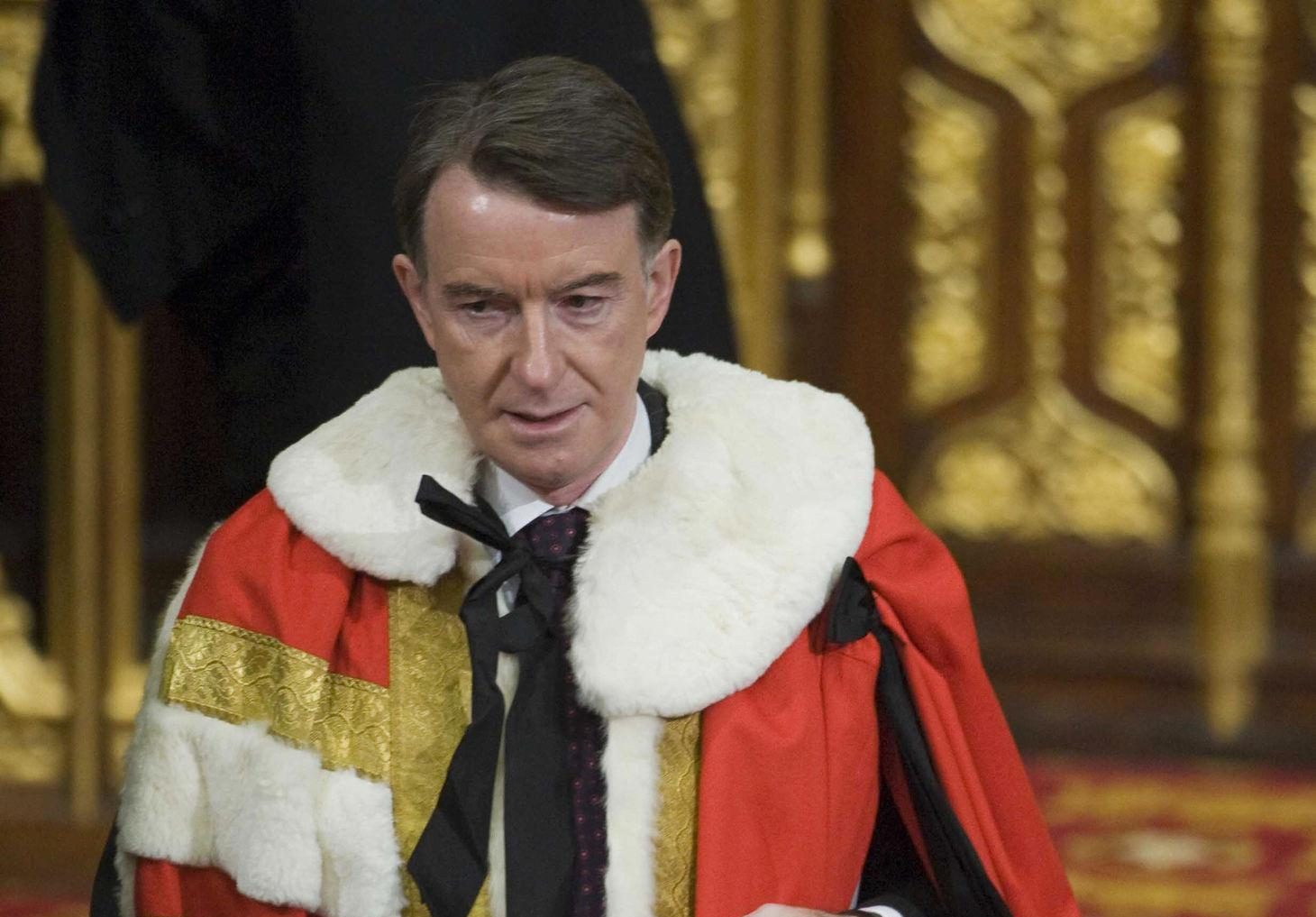
Peter Mandelson has announced he will retire from the House of Lords with immediate effect, as mounting political and legal pressure grows over claims he shared sensitive government information with convicted sex offender Jeffrey Epstein.
Parliamentary officials confirmed that Peter Mandelson formally notified the Clerk of the Parliaments of his decision, ending his membership of the upper chamber from Tuesday (Feb 4).
The move follows reports that the Metropolitan Police Service is reviewing allegations of possible misconduct in public office connected to emails said to have been forwarded to Epstein while Mandelson was business secretary during the 2008–09 financial crisis.
Downing Street has confirmed that material has been passed to police after an initial Cabinet Office review.
Government fury
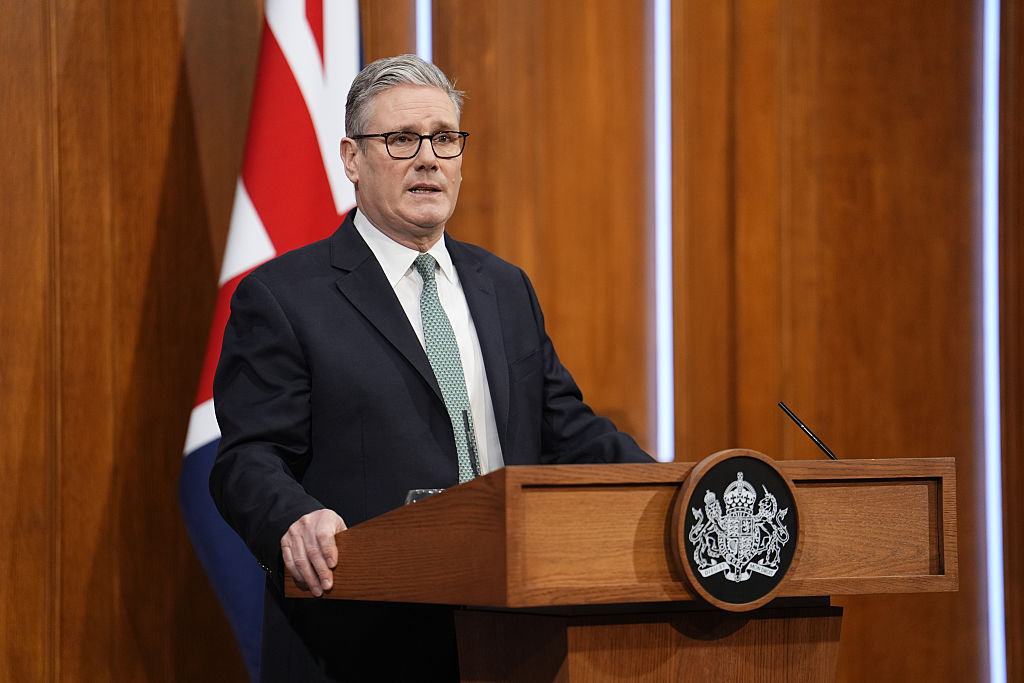
Prime Minister Keir Starmer told cabinet colleagues Mandelson had “let his country down”, according to No 10, and officials are now drafting legislation that could strip him of his peerage entirely.
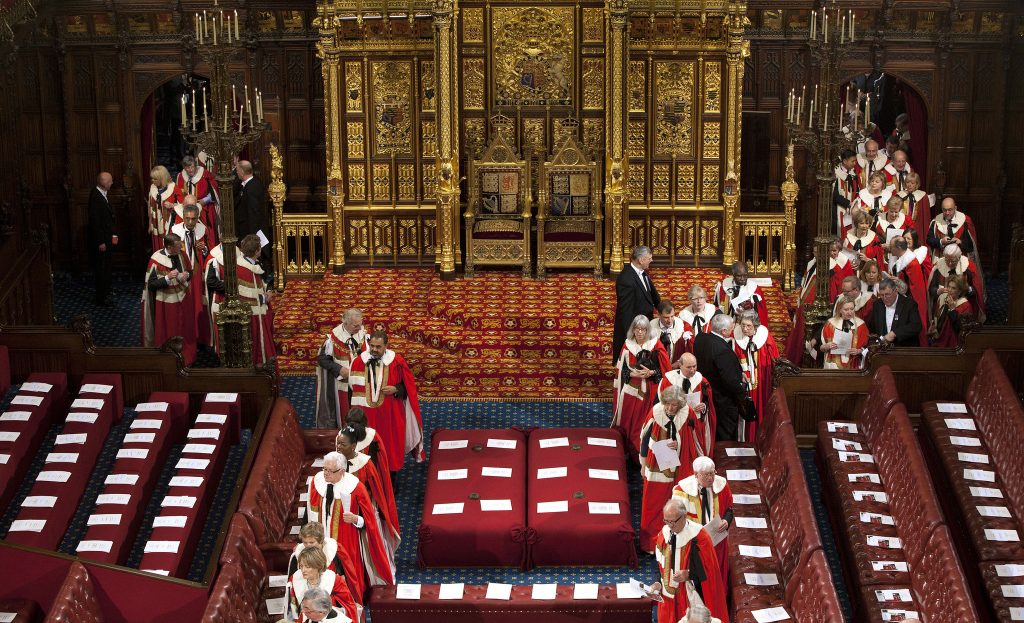
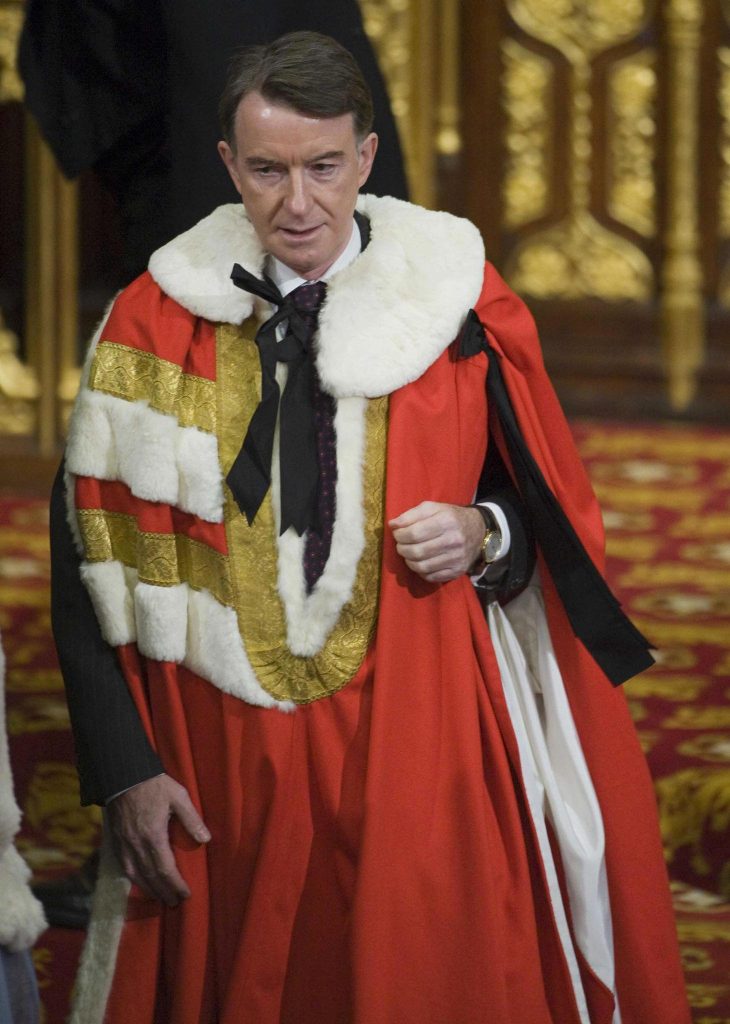
Removing a life peer is rare and would require an Act of Parliament.
If passed, Mandelson would lose the title “Lord” altogether — an extraordinary step that has only been considered in the most serious cases.
Senior ministers have described the alleged passing-on of market-sensitive government discussions as “disgraceful” and a “betrayal of trust”.
What police are examining
Misconduct in public office is a centuries-old common law offence that applies where someone in a position of public trust wilfully abuses that role. It carries a maximum sentence of life imprisonment.
Investigators will assess whether confidential information — particularly relating to government financial policy during the crash — was shared without justification and whether safeguards were breached.
At this stage, no charges have been brought.
Mandelson has previously apologised for maintaining contact with Epstein after the financier’s conviction, saying he regrets “ever having known him”, but he has disputed some of the latest claims and has not commented directly on the police review.
Political shockwaves
Opposition parties are pushing for further disclosure of documents relating to Mandelson’s vetting and his past roles.
Conservatives are expected to force a Commons vote demanding more information, while Liberal Democrats have called for a public inquiry.
Several MPs have also suggested Mandelson should be removed from the Privy Council.
The developments mark a dramatic fall for one of Labour’s most influential political figures of the past three decades, who only months ago was serving as the UK’s ambassador to Washington.
Now, with police examining evidence and legislation being prepared to remove his title, his public career appears effectively over.
More updates are expected as the investigation continues.
Community
Cilgerran Church in Wales school petition to be heard

A PETITION opposing proposed changes for a north Pembrokeshire school is to be heard by councillors later this week.
At last May’s meeting, Pembrokeshire County Council considered a report of the School Modernisation Working Group which outlined the findings of a review of education provision in the Preseli area.
A later July meeting backed a general consultation to discontinue Cilgerran Church in Wales Voluntary Controlled School, and to establish it as a 3-11 community school.
“In particular, the review considered the extent of surplus school places in the area, set against a significant decline in the pupil population,” the council in its consultation has said.
The consultation closed on January 30.
Hundreds have opposed the proposed changes, with a petition, on the council’s own website opposing the changes recently closing after gaining 391 signatures.
Any petition of more than 100 signatures triggers a debate at one of the council’s scrutiny committees, in the case of Cilgerran that debate taking place at Pembrokeshire County Council’s February 5 schools and learning overview and scrutiny committee.
The Cilgerran e-petition, created by Louise Williams, raised concerns including the school could become part of a federation, a loss of permanent head teacher on site, a shared head teacher would have to oversee several schools, loss of funding control and the ability to maintain the school’s current healthy and stable funding, and a loss of commitment to the church, in turn could impact on the school’s and pupils values, beliefs and cultural beliefs.
It said: “Ysgol Cilgerran VC school has strong links with the Church community in Cilgerran and we believe this will have a negative impact on the children who attend the school, the community of Cilgerran and the links between the two.
“We are proud of our school ethos and values which are strengthened by our links with the church. The school has close and strong relationships with our Church in Wales federation governors one of which is also our safeguarding governor.
“Our Church Federation governors work closely with the school and are regular visitors to the school and the children. They provide vital support and guidance to the school and have a positive impact on the Children’s education. We believe these links will be weakened by this proposal to remove our VC status and we believe this is an un-necessary action.”
The proposals for Cilgerran are part of a wide range of potential education changes in the county.
Two petitions, opposing the potential closures of Manorbier and Ysgol Clydau schools, were recently heard at full council and a further petition opposing the potential closure of Stepaside School has recently been launched, which has generated enough support to be heard at a future council meeting.
Crime
Welsh Lib Dems urge ministers to rethink rates relief for struggling pubs and cafés
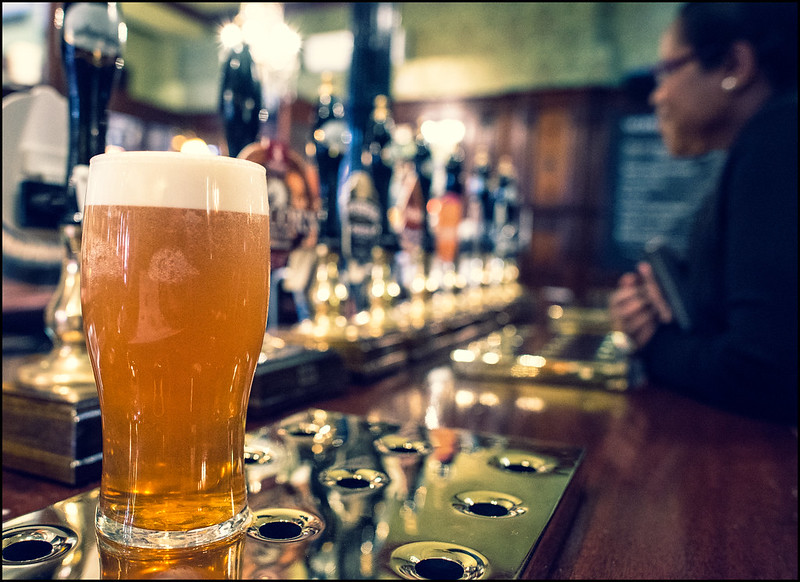
Calls grow for Welsh Government to match support offered to English venues
THE WELSH LIBERAL DEMOCRATS have urged the Welsh Government to review its business rates policy, warning that scaling back support for pubs and hospitality risks further closures across towns and villages.
Party leader Jane Dodds, who represents Mid and West Wales in the Senedd Cymru, said ministers should act quickly to protect local venues after additional support for pubs and music venues was announced for England by the UK Government.
The measures announced by the Chancellor do not automatically apply in Wales, leaving uncertainty over whether similar help will be introduced here.
Hospitality businesses across Pembrokeshire and Carmarthenshire have already reported rising energy bills, higher wage costs and reduced footfall since the pandemic. From April, current business rates relief is expected to be reduced, a move the Liberal Democrats say could place Welsh firms at a disadvantage compared with competitors over the border.
Dodds said that pubs, cafés and restaurants form “the heart of our communities” and warned that withdrawing relief now would be “a serious mistake”.
She told the Senedd that support “cannot stop at pubs alone” and should extend to the wider hospitality sector, including restaurants and family venues that rely heavily on seasonal trade and tourism.
“When questioned, the First Minister said she needed to examine the details of the English package before committing to anything similar for Wales,” Dodds said. “Without urgent action, we risk losing viable, well-loved businesses that communities simply cannot afford to lose.”
The party is also calling for UK-wide action, including a temporary reduction in VAT for hospitality and tourism, funded by a windfall tax on large banks.
However, Welsh Government sources have previously argued that decisions on rates relief must be balanced against pressures on public finances, with ministers required to prioritise health, education and other frontline services within a fixed budget. They have said any additional support would need to be affordable and targeted.
Industry bodies have echoed concerns about the challenges facing the sector. Trade groups say many independent pubs and cafés continue to operate on tight margins, particularly in rural areas where they serve as community hubs as well as businesses.
Local operators say clarity is now key, with decisions on staffing, stock and opening hours often planned months in advance.
With the next financial year approaching, hospitality owners will be watching closely to see whether Wales mirrors England’s support – or leaves businesses to absorb the extra costs alone.
-

 Health5 days ago
Health5 days agoConsultation reveals lack of public trust in health board
-

 News6 days ago
News6 days agoCaldey still unsafe, survivors warn — despite Abbey’s reform claims
-

 Community6 days ago
Community6 days agoPembrokeshire students speak at national Holocaust Memorial Day event
-

 News9 hours ago
News9 hours agoPrincess of Wales visits historic Pembrokeshire woollen mill
-

 Crime4 days ago
Crime4 days agoPembroke man accused of child sex offences sent to Swansea Crown Court
-

 News6 days ago
News6 days agoKurtz raises Gumfreston flooding in the Senedd as petition deadline nears
-

 Education6 days ago
Education6 days ago‘Vulnerable teen’ questioned by police at Milford Haven School
-

 Community6 days ago
Community6 days agoCampaign to ‘save’ River Cleddau hits over 2,200 signatures





























